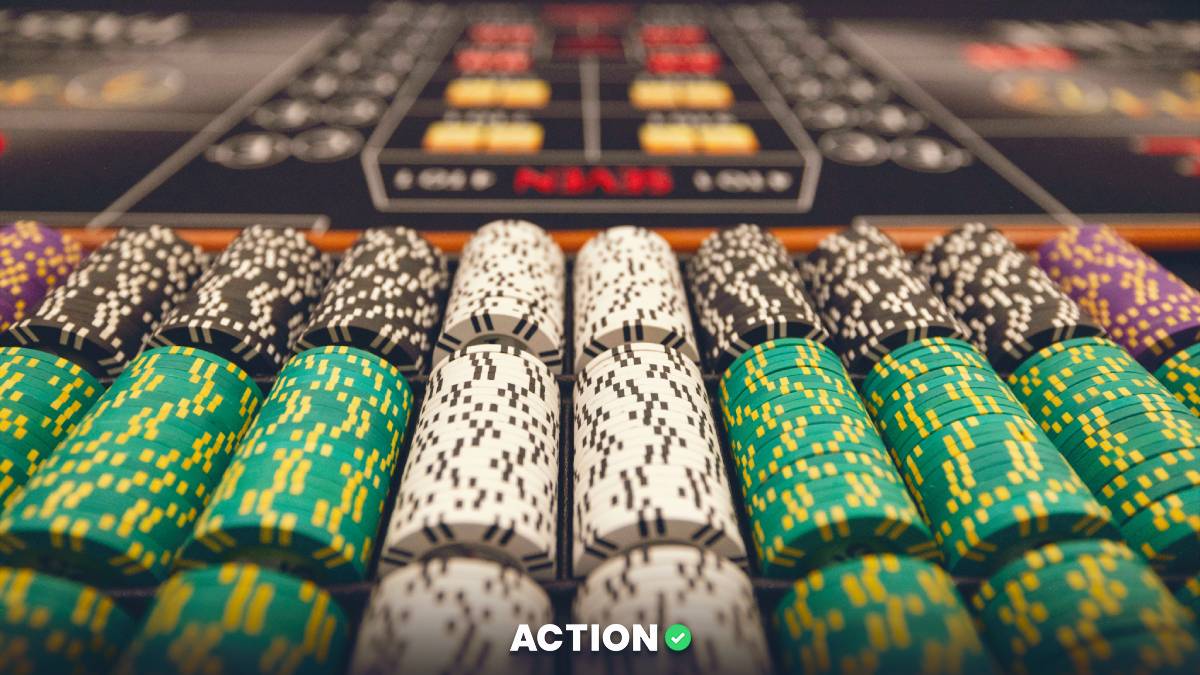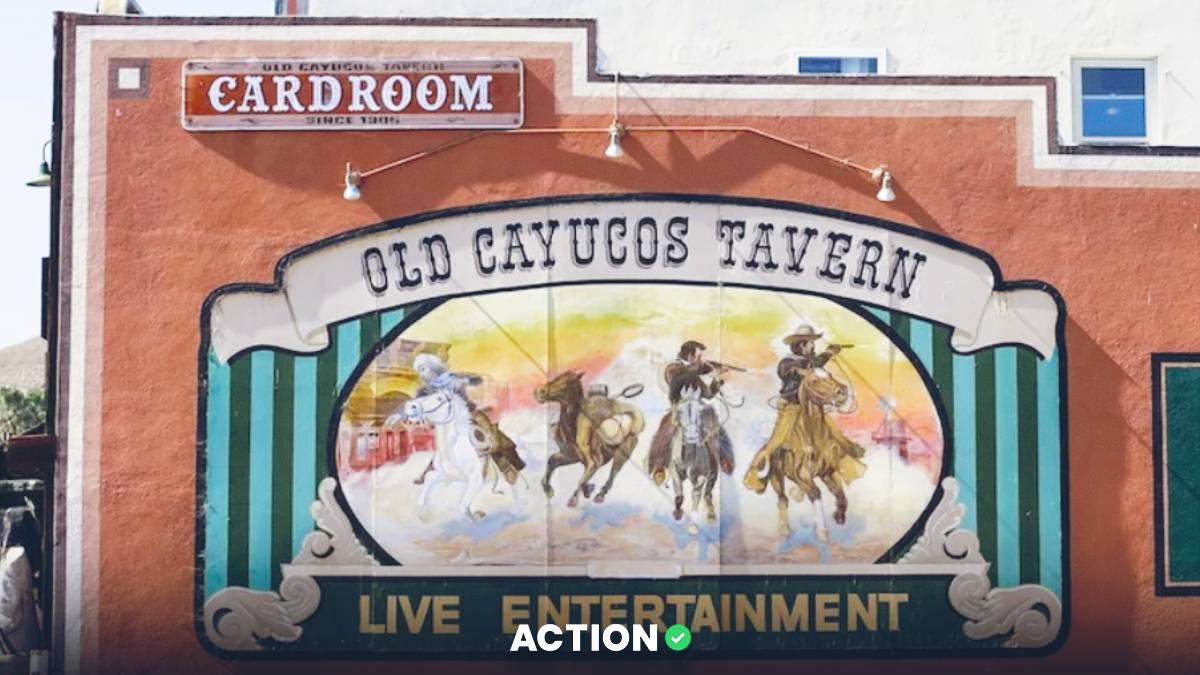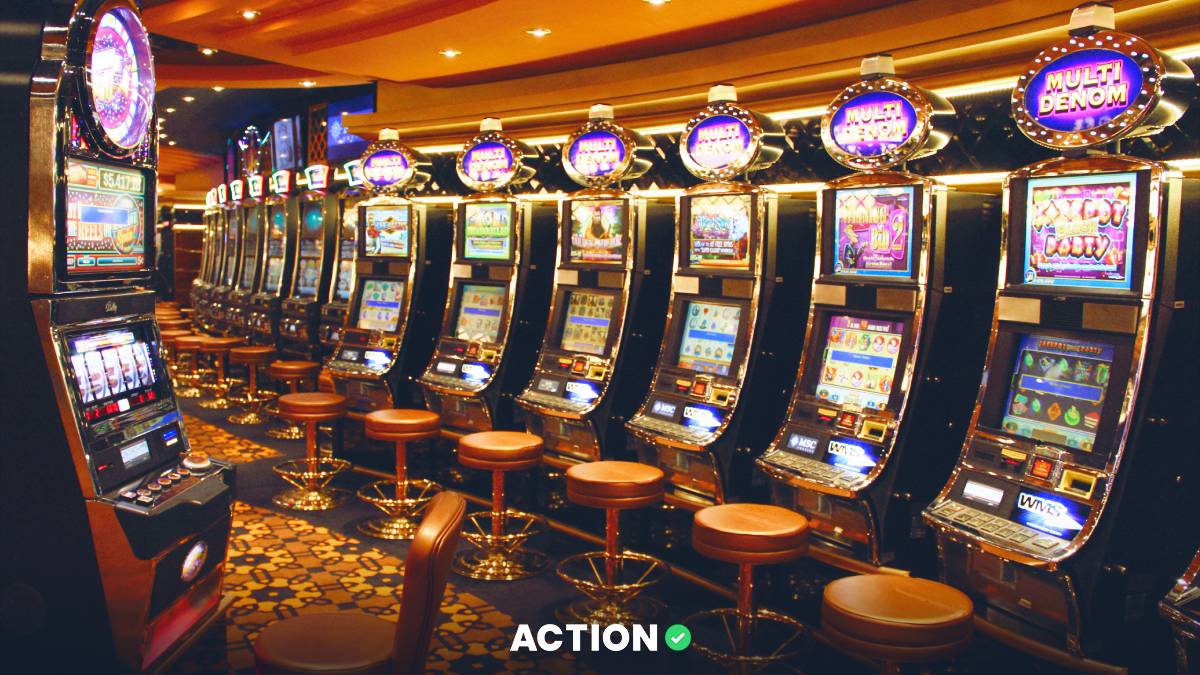You celebrate the wins and learn from the losses.
Athletes often makeh eadlines for their on-court achievements. Yet, sometimes the spotlight shifts dramatically to off-court events, as was the case recently with NBA forward Marcus Morris Sr.
His arrest over a casino debt at a South Florida airport puzzled many and sparked a conversation on what it means to use a "marker" in the casino world. This is different from a casino no deposit offer you will sometimes see.
Morris, a seasoned player with a solid reputation in the NBA, found himself embroiled in a legal battle that left both fans and onlookers curious about the workings of casino credit systems. The incident raises an important question: What exactly is a "marker" in the context of casino gambling?
What Is a Casino Marker?
A casino marker functions much like a bank loan or a credit line. It's essentially a credit extension that allows gamblers to wager more money than they have available at the moment. Here's how it generally works:
1. Application: Before receiving a marker, gamblers must apply for credit with the casino by providing financial information that proves their ability to repay the debt. This could include bank statements, credit reports, and other assets.
2. Issuance: Once approved, the patron receives the marker in the form of a countercheck, which they can use like cash within the casino. It's important to note that this money never physically leaves the casino premises.
3. Repayment: The gambler is expected to repay the marker within a specified period, which can range from days to weeks. Typically, if the debt is not paid back in time, the casino will attempt to collect the owed amount by cashing the countercheck against the gambler’s bank account.
Failing to repay a marker can lead to serious legal consequences, as seen with Marcus Morris’ case. In some jurisdictions, unpaid markers might be treated akin to bouncing a check, which can result in charges of fraud or theft.
Marcus Morris’ Experience and Insights
Morris’ arrest over a bounced check linked to a Las Vegas casino shines a light on the complexities and potential pitfalls of using gambling markers. Despite his claims that he never intended to evade the debt and was simply caught up in a misunderstanding, the arrest underscored the importance of understanding casino credit systems fully.

In a series of candid social media posts, Morris expressed his frustration over the situation, emphasizing that no money from the marker ever left the casino into his pocket. This statement reflects a common misconception about how markers work—people often assume that the funds are handed directly to the gambler, which is not the case.
For athletes and individuals who frequent casinos, Morris’ experience can serve as a cautionary tale. Understanding the terms and conditions of casino credit, adhering to repayment timelines, and maintaining open communication with the casino can help avoid legal entanglements.
Morris Is Moving on From the Casino Marker Incident
Despite the upsetting incident, Marcus Morris hopes to turn this experience into a learning opportunity for young athletes. His ordeal highlights the necessity of financial literacy—especially regarding the often-murky world of casino credit.
As Marcus looks to move forward from this situation, his story serves as a reminder of the fine line between leisure gambling and financial liability. By sharing his experience, he hopes to educate others about the intricacies of casino markers and ensure they are equipped to make informed decisions in the future.
The Importance of Responsible Gambling
Marcus Morris' recent experience underscores a broader and crucial message about the importance of responsible gambling. Whether you're a professional athlete, a seasoned gambler, or a casual visitor to a casino, understanding the principles of responsible gambling is essential to avoid potential financial and legal troubles.
Responsible gambling is about staying in control of the time and money spent on gambling activities. This means setting a budget before you start, not chasing losses, and knowing when to walk away.
It's also important to be aware of the signs of problem gambling, which can include betting more than you can afford to lose, feeling anxious or stressed about your gambling habits, and using gambling as a way to escape from personal issues.

Casinos and regulatory bodies are increasingly promoting responsible gambling practices, providing tools such as self-exclusion programs, spending limits, and eudcational resources to help players gamble safely.
For many, gambling remains a form of entertainment that can be enjoyed responsibly. However, for those at risk, seeking help from organizations such as Gamblers Anonymous or similar support groups can be a vital step towards regaining control.
By telling his story, Marcus Morris not only highlights the intricacies of casino credit systems but also stresses the importance of informed and responsible gambling decisions. As the conversation around gambling continues to evolve, Morris’ ordeal serves as a pertinent reminder that understanding personal limits and obligations is key to ensuring that gambling remains a source of entertainment rather than a source of distress.









